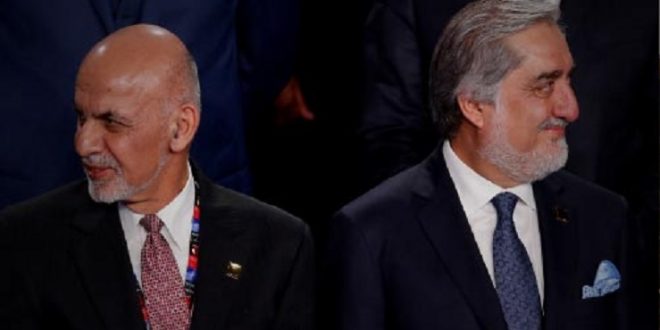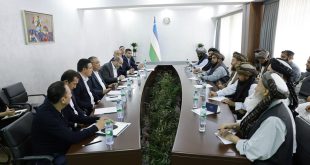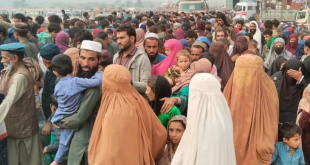As the lingering row over election results culminated in producing two presidents for Afghanistan with Ashraf Ghani taking an oath as president and Chief Executive Officer (CEO) Abdullah Abdullah following suit, Afghanistan has officially entered into a presidential crisis. Afghan masses are worried about the political future and fate of the country as the status quo doesn’t bode well for talks with the Taliban because the practical fallout of the twin inaugurations would inevitably emerge in the peace negotiations. The political crisis has already extended the timelines agreed upon in Feb. 29 US-Taliban pact and will probably drag the process through months. The question perplexing Afghan minds is how two separate Afghan governments or parallel states would engage in an already complex negotiation with the Taliban? Seeing as American prestige is at stake now, the US is willing to do anything to make the peace process succeed and their withdrawal secured because it would give them a face-saving retreat since it is equally responsible for, and has had a hand in, the current mess of Afghan politics as the Afghan leaders are. As expected, hours after the competing ceremonies, the big blow from the organizers-in-chief came. The US Secretary of State Mike Pompeo revealed the American stance by saying that the US “strongly” opposes the creation of a “parallel government, and any use of force to resolve political differences.” Although the warning was seemingly aimed at Abdullah, Pompeo also withheld congratulating Ghani on being sworn-in to a second five-year term. Instead, he expressed support for a pledge by Ghani to continue talks for the next two weeks on forming an “inclusive government that unifies the country and prioritizes peace.” As written before in these columns, this situation implies the increased prospects of the US continuing to function as a power broker until it succeeds in reaching a power-sharing deal among the rival leaders the same as 2014 one. It means this egocentric façade and the game of thrones put up by the leaders is systemically planned and architected by the American overlords so these rival leaders could justify their future actions. After shamefully agreeing to a power-sharing deal, they would reason that they came together for the sake of the country. However, this is in fact deliberately weakening the Kabul administration – as evident from the submission to agree to release Taliban prisoners – and aggrandizing the Taliban, who would probably lay claim to the throne as a third party and justifiably so because Afghans are fed up with the never-ending power struggle of these leaders. In addition to putting the peace process in jeopardy, the thirst for power has compounded challenges to ending the two-decade-long war and sadly contributed to a national divide – something detrimental to the survival of Afghanistan.

 Afghanistan Times
Afghanistan Times



